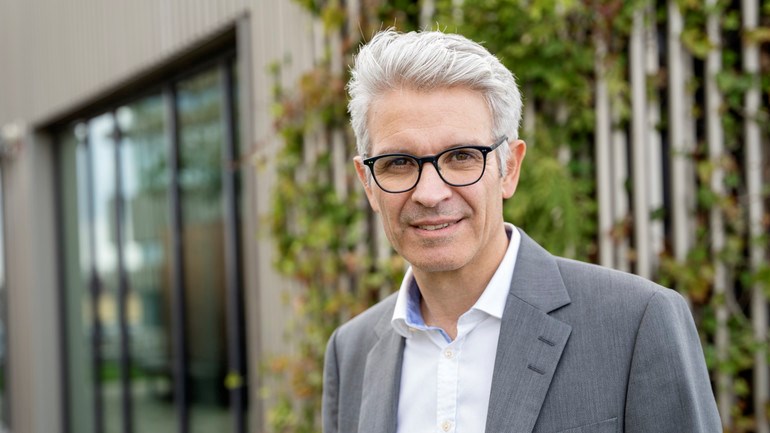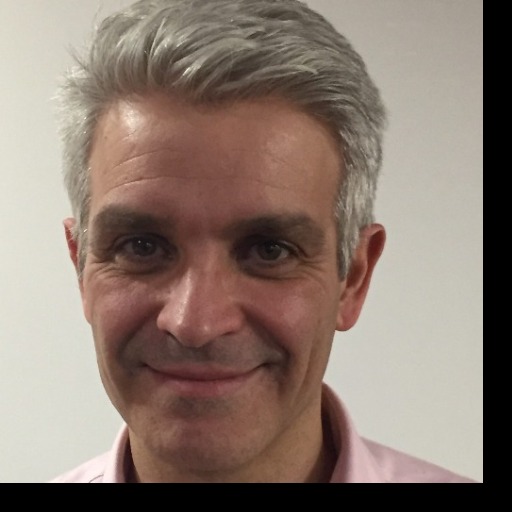Stories can help heal the planet

"Sustainability is both spiritual and material and needs to be connected with a view of how nature works and how we are nature. Only in this way can we become sustainable," says Kenneth Mølbjerg Jørgensen.
With the help of storytelling, organisations and companies can adopt a more ethical and sustainable relationship with the world. This is the opinion of researcher Kenneth Mølbjerg Jørgensen, who in a new book presents a holistic approach to nature and the environment, and also to our interpersonal relationships.
“The story we have about ourselves connects us to other people, the earth and even to other generations,” says Mølbjerg Jørgensen, professor of organisational studies at Malmö University.
He tells a simplified version of the man who meets two stonemasons: the man asks the first stonecutter what he does, and he replies: "I cut stone". When he asks the other stonemason the same thing, the answer is: "I'm going to build a cathedral."
“It shows how important it is how we manage our world. What kind of story we want to bring forward or idea we present about ourselves, and what gives us meaning. Through that story we get a context and a direction in life,” says Mølbjerg Jørgensen.
Sustainability is not abstract but must be realised through how we live our lives, construct and manufacture things and how we think about life, states the book, The Ethics of Sustainability in Management. The author aims to give a new perspective on sustainability that forms a bridge between the social humanistic and natural science approaches; where a more comprehensive understanding of how nature works forms an ethical foundation.
In the book, Mølbjerg Jørgensen praises a down-to-earth, local and traditional way of thinking about how we use our resources. On a global political level, the issue tends, he believes, to become somewhat one-sided and abstract. He exemplifies the UN's latest climate summit, COP28:
“Firstly, you focus on the goals, not on the context. It does not mean a change in our self-concept. Second, there is a lot of focus on individual goals. They talked a lot about global warming – which they should – but they didn't talk much about the ocean, about biodiversity, or all the other things that are important for sustainability.”
A new framework for our relationship with nature, or rather an approach based on "old wisdom" is suggested What is a tree? Is it a resource in an economic sense or is it an ecosystem, is it part of a family as the indigenous people thought?
“You can cut down trees in a different way than we do today, which means that the forest can recover. In the same way, one can reason about agriculture and fishing – it was considered wise to leave fields fallow.”
The basic problem, he believes, is the fixation on constant growth.
“When corona came, they said that we had to postpone the climate goals until we had the economy under control – a typical way of reasoning. But then came the war in Ukraine, and in 2023 the conflict between Israel and Hamas. What will happen in 2024? We cannot postpone action because the world will never be calm,” adds Mølbjerg Jørgensen.
Text: Magnus Jando
Find out more about the book
The Ethics of Sustainability in Management: Storymaking in Organizations
Kenneth Mølbjerg Jørgensen is also the editor of the new book Business Storytelling and Sustainability. It is also about the importance of storytelling within organizations and businesses and how we can create new concepts to get involved in sustainability.
